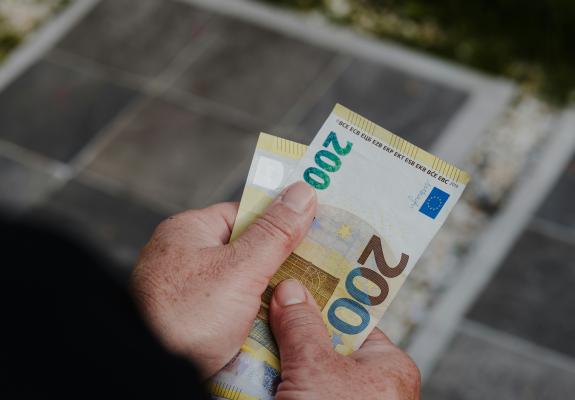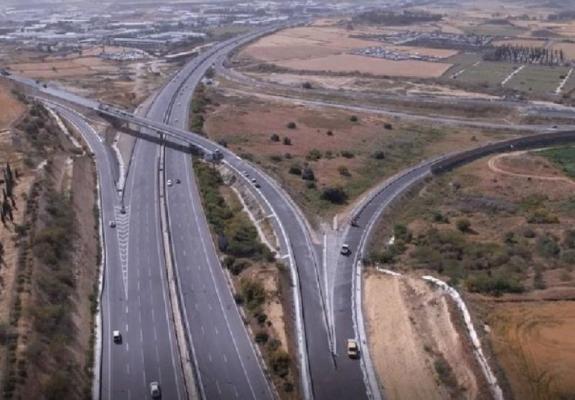Reality Undermines Cyprus' Rebranding Effort
Carelessness and Delay Are Costly. The Government Must Release the Handbrake.
Last April, President Nikos Christodoulides announced that a "major rebranding campaign for Cyprus abroad" would be organized and conducted through Invest Cyprus, as he himself explicitly stated.
A few weeks ago, the reason behind such a campaign became clear, once again from the President. During a speech, he acknowledged that corruption is as big a problem for the island as drug cartels are for Mexico. This did not come as a surprise.
Although this statement may not be the most "politically correct" from the perspective of diplomats—many of whom likely winced at the public admission by the head of state regarding the state of transparency in Cyprus—it was nevertheless a powerful declaration. At least verbally, it showed positive intentions to mitigate the issue.
However, reality is not easily escapable.
For months now, current events have reminded us that PR strategies and verbal acknowledgments are ineffective unless accompanied by radical, targeted, and comprehensive reforms in the functioning of the state, its institutions, and public administration. These reforms are crucial for the success of any rebranding effort.
Is rebranding useful? Obviously.
Firstly, to build sufficient diplomatic capital for Cyprus, which is currently lacking, in order to pursue national goals—even though many of these goals cannot be clearly defined by the Cypriot political system.
Secondly, because given the current state of Cyprus' economy, the country cannot afford to lose existing investors, and more importantly, it cannot risk not attracting new ones. Serious investors are not fooled by PR campaigns that ‘enhance’ the profile of their clients—in this case, a state—without real, substantial improvements being made.
Thirdly, because in terms of fairness, both a large majority of society and the healthy business community of the island have been dragged into a mire they did not choose—and they are paying the price for it, each in their own way. In other words, they find themselves in the "Mexico" of the Mediterranean, to paraphrase the President, without having significantly contributed to this downward spiral.
Yet, the Cypriot reality poses many challenges for the team that will be tasked with running the rebranding campaign. The scandal of the LNG terminal at Vasilikos, the fiasco of Larnaca Marina, the collapse of the e-justice system, the deficient procedures in public procurement, and of course, as we approach one year since it happened, the "Cyprus Confidential" story, whose file is probably gathering dust in some drawer.
The list goes on. The rejection of the proposed list of judges for the European Court of Human Rights reveals carelessness, while the appointment of Mr. Kadis as Commissioner indicates a tendency to recycle political figures—a trend evident across various levels of governance, contrary to the President's programmatic commitment to bring new faces into positions of power and make choices outside narrow party lines. These two cases have been criticized both domestically and abroad.
None of this will be alleviated by a multi-million-euro PR campaign, because the causes that generate these small or large fiascos remain active. It’s like using a bucket to remove water from a sinking ship without first closing the holes through which the water is coming in.
The government needs to accelerate reforms: fixing the flawed public procurement system, digitizing public administration, fully utilizing the advisory council, not just in low-risk cases, adopting stronger standards of control and good governance, addressing the chaos of urban planning on the island and environmental violations, strengthening independent authorities and institutions, and of course, reforming the Legal Service—a matter of crucial importance for the proper functioning of justice on the island.
The international and regional reality is harsh. The wider region around Cyprus is in turmoil—so much so that even Iran's ballistic missiles were visible to the naked eye from coastal points on the island. The world is changing at a rapid pace.
Carelessness and delay are costly. The government must release the handbrake.
The gas pedal obviously needs to be pressed after October 16th. Until then, the government needs the support of every political force and citizen committed to the national interest for the difficult task ahead on October 15th. After all, the root cause of the problem is apparent, and without cutting the Gordian knot, any steps forward are doomed to flirt with sluggishness.






